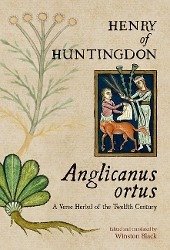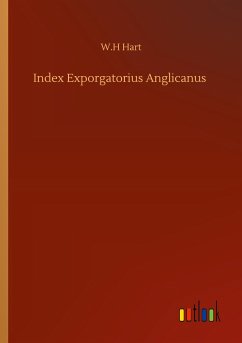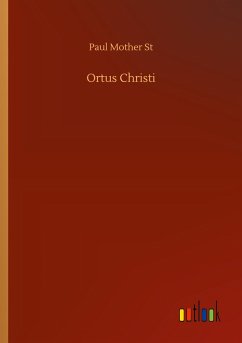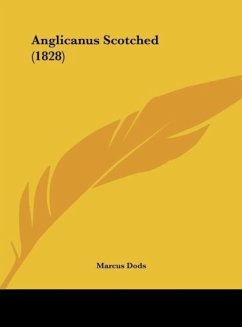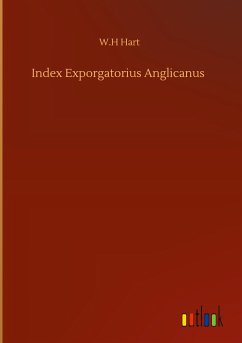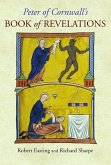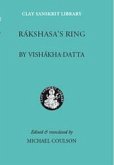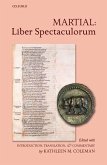Henry, archdeacon of Huntingdon, England (ca 1088-ca 1154) has been admired for centuries as the author of the monumental Historia Anglorum. The recent discovery of the Anglicanus ortus opens a new window onto this important English author as well as onto the uses of poetry and the knowledge of medicine in medieval England. Written entirely in Latin verse, the Anglicanus ortus describes the medicinal uses of 160 different herbs, spices, and vegetables. Henry drew on centuries of learned medicine to compose this work, employing the medical knowledge of ancient authors like Pliny the Elder and Dioscorides and of medieval scholars like Walahfrid Strabo, Macer Floridus and Constantine the African. This critical edition is based on the five extant manuscripts and includes a complete English translation on facing pages and a commentary on every poem. An extensive introduction describes the manuscript witnesses in detail, examines Henry's poetic skill and use of sources, and establishes the place of the Anglicanus ortus in a pivotal era in the history of medicine and natural philosophy.
Hinweis: Dieser Artikel kann nur an eine deutsche Lieferadresse ausgeliefert werden.
Hinweis: Dieser Artikel kann nur an eine deutsche Lieferadresse ausgeliefert werden.

